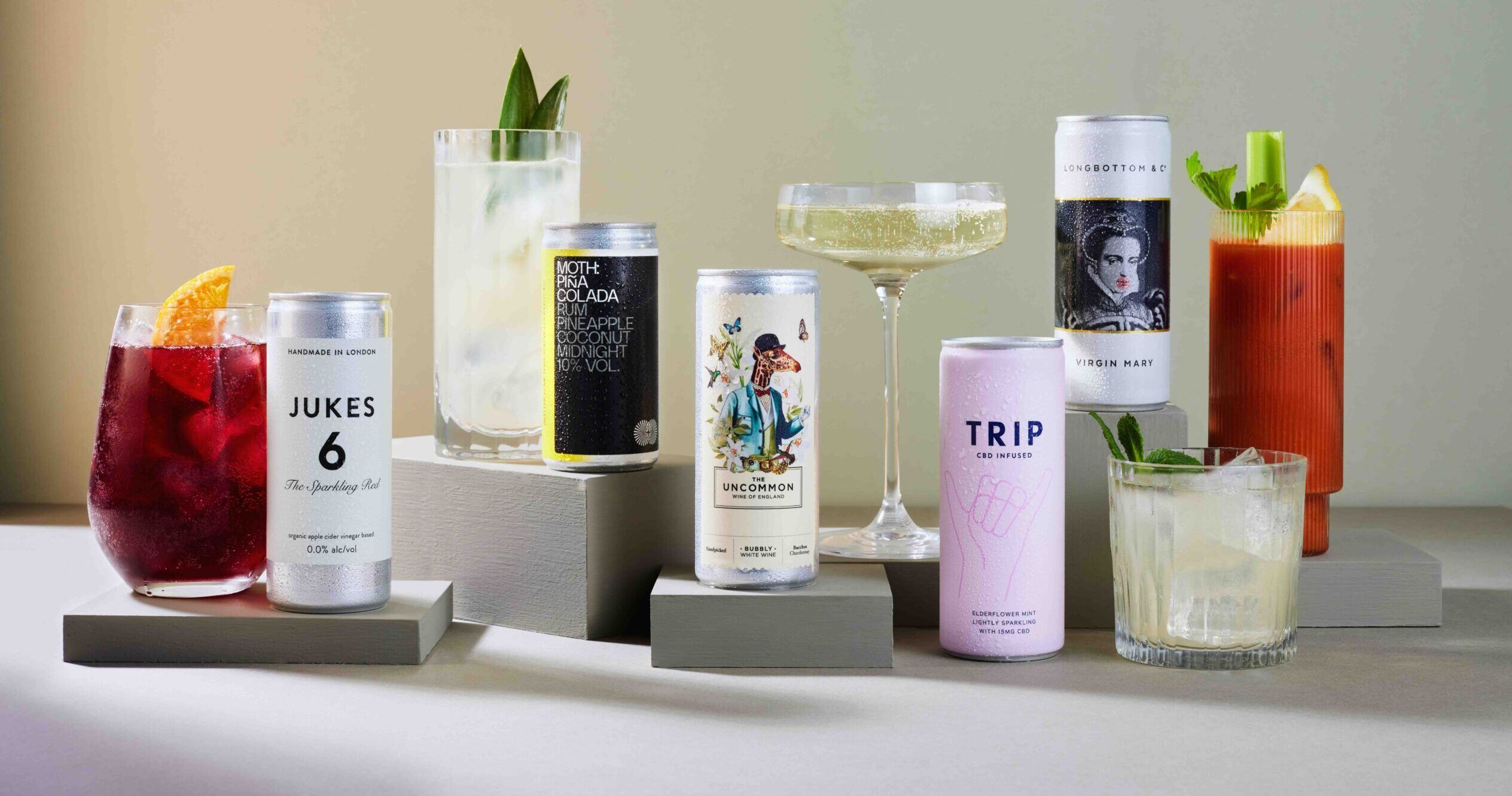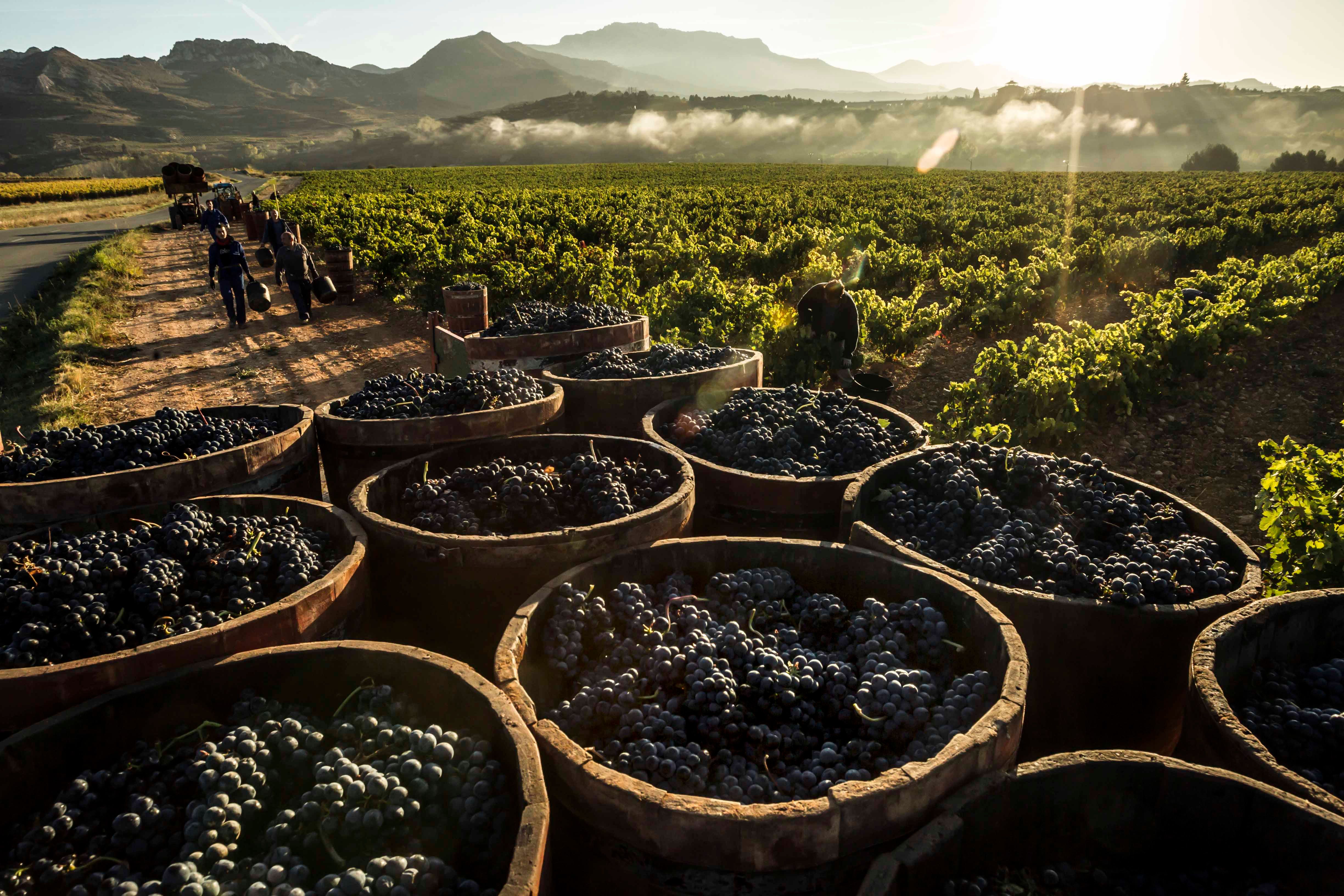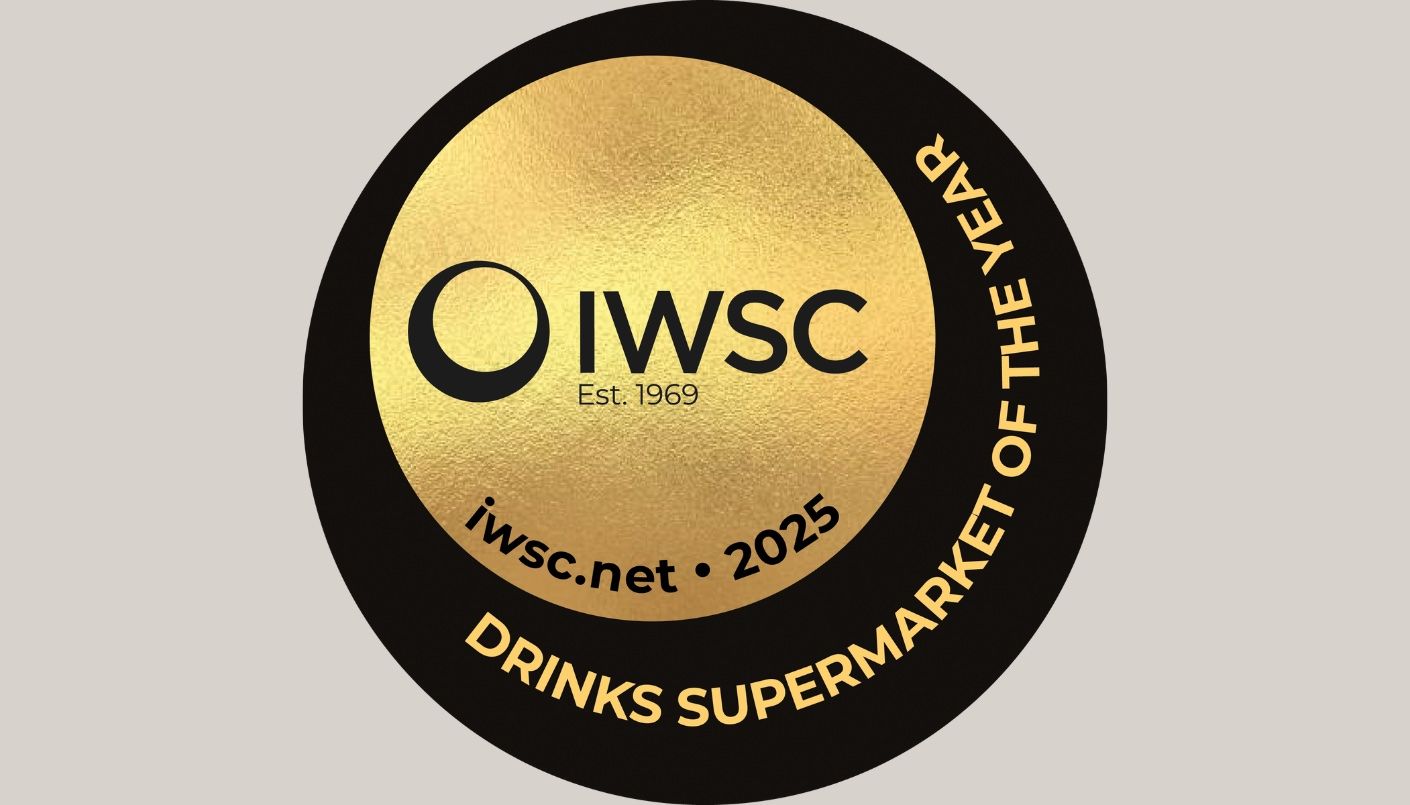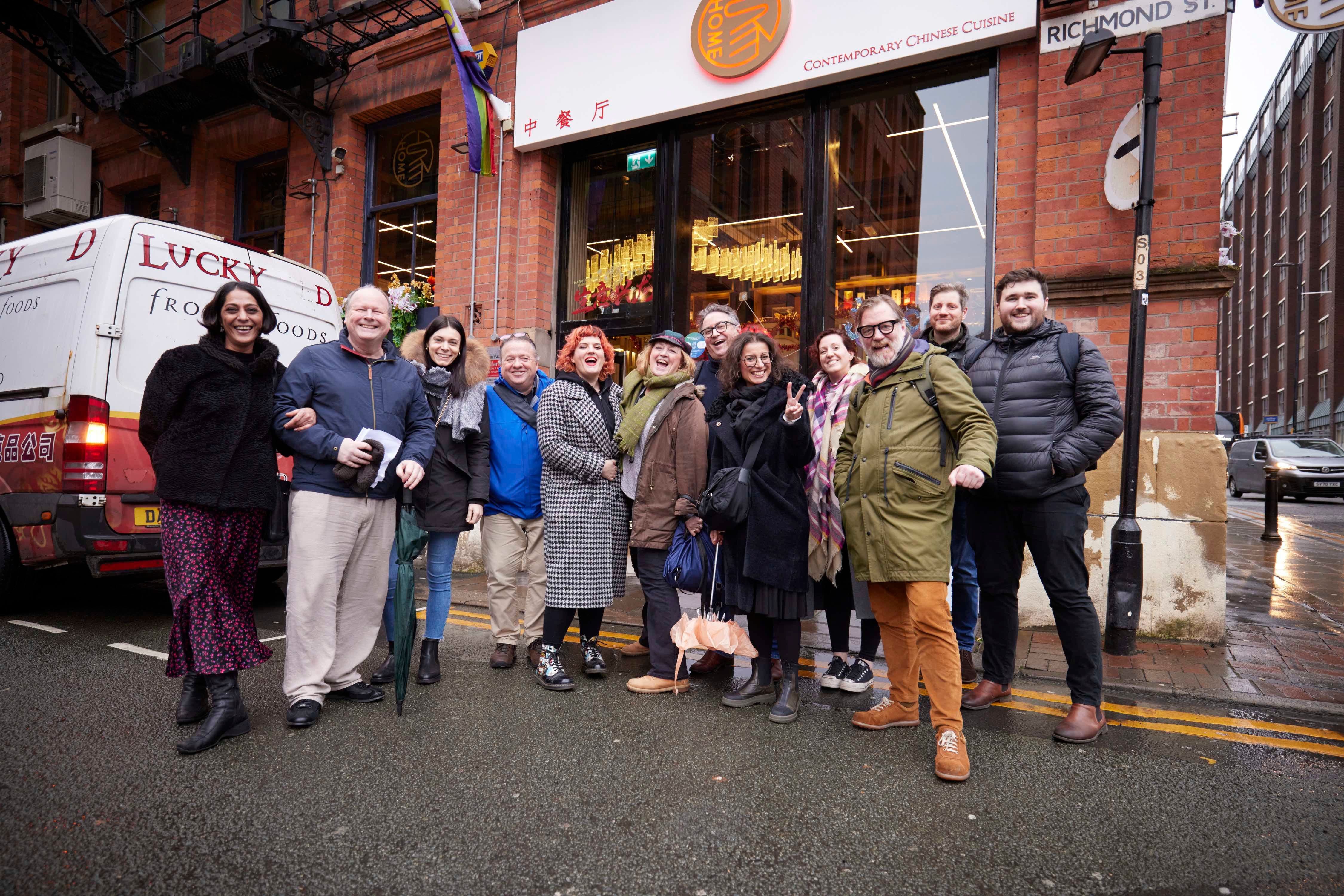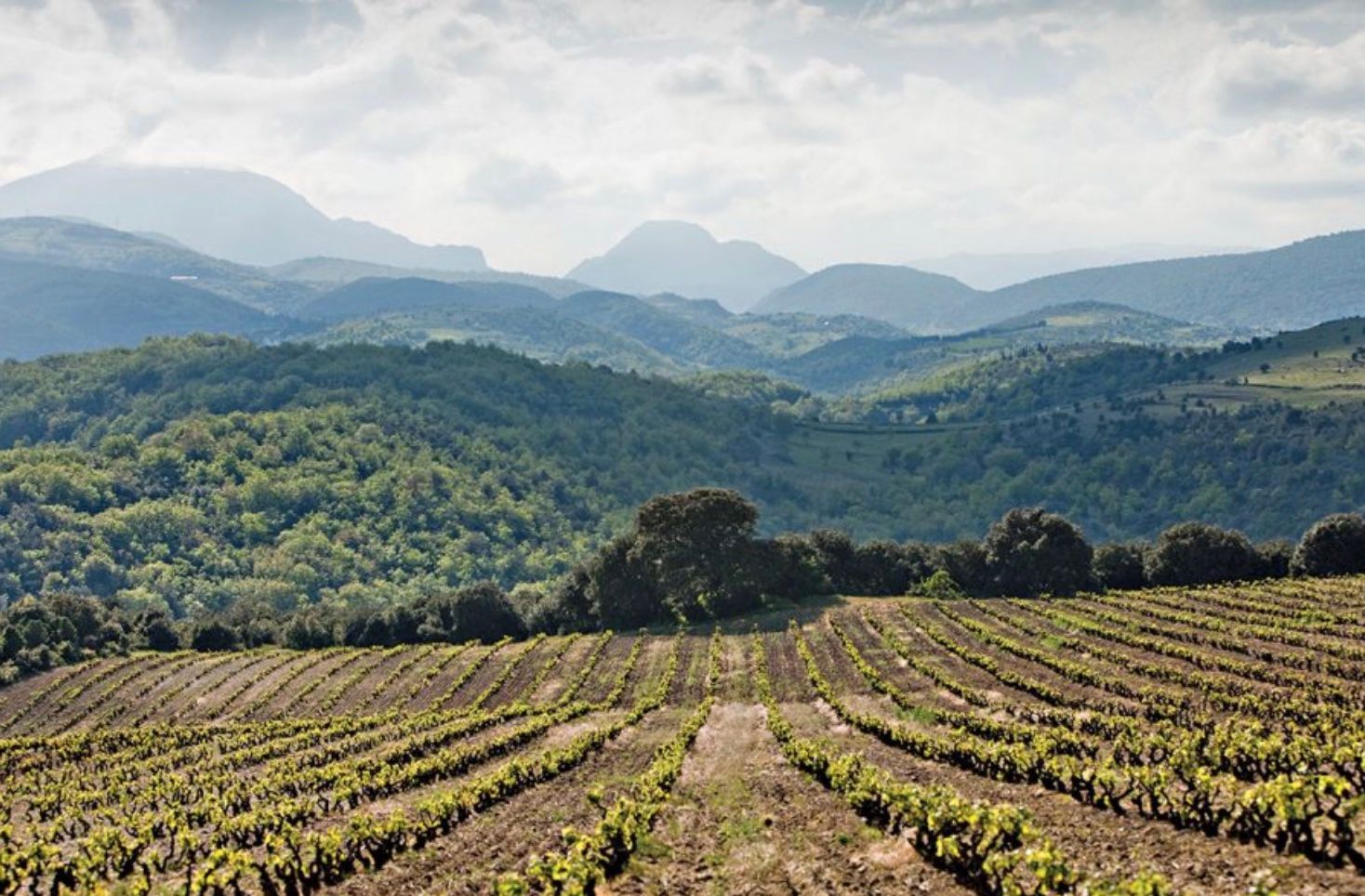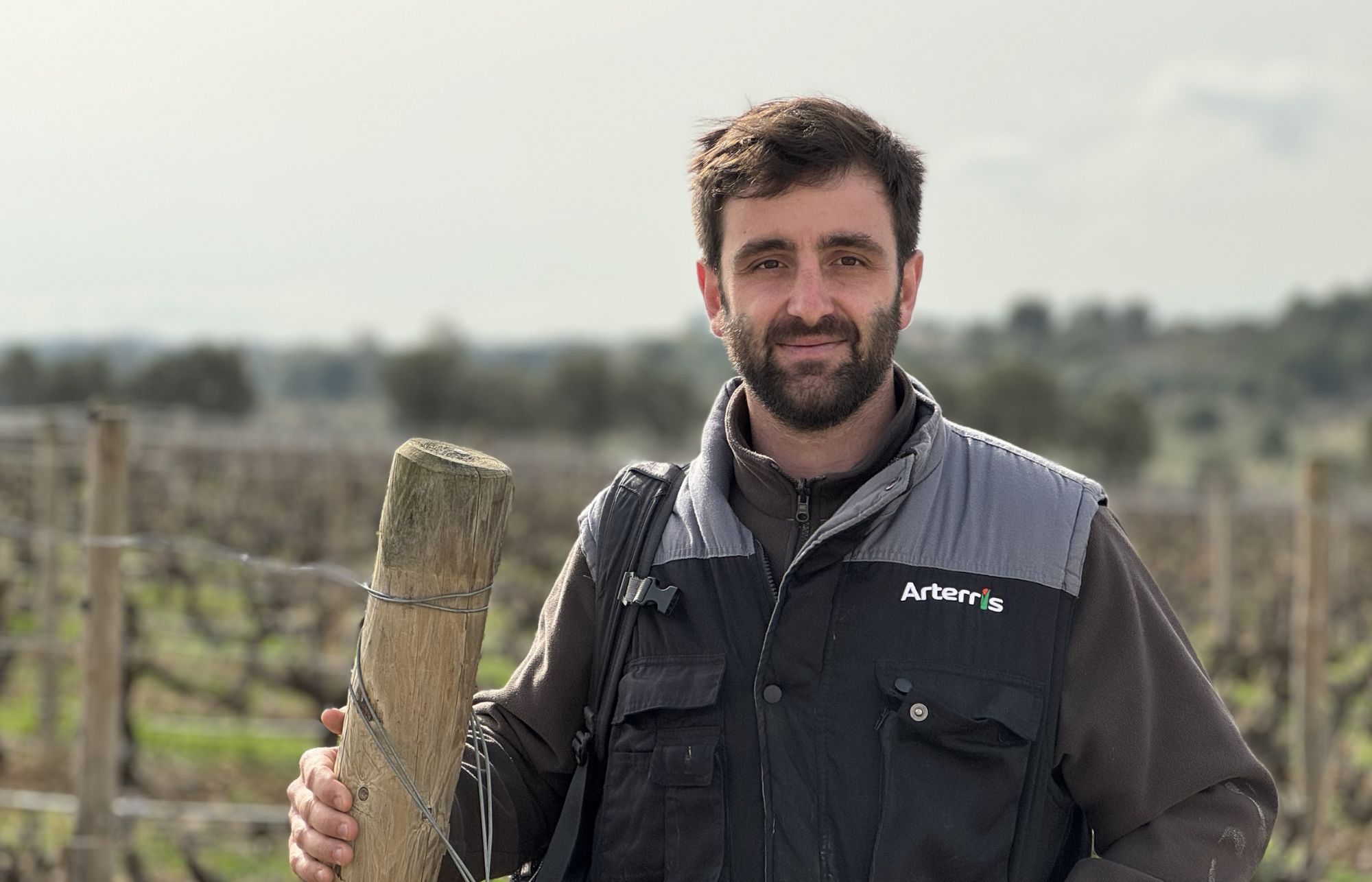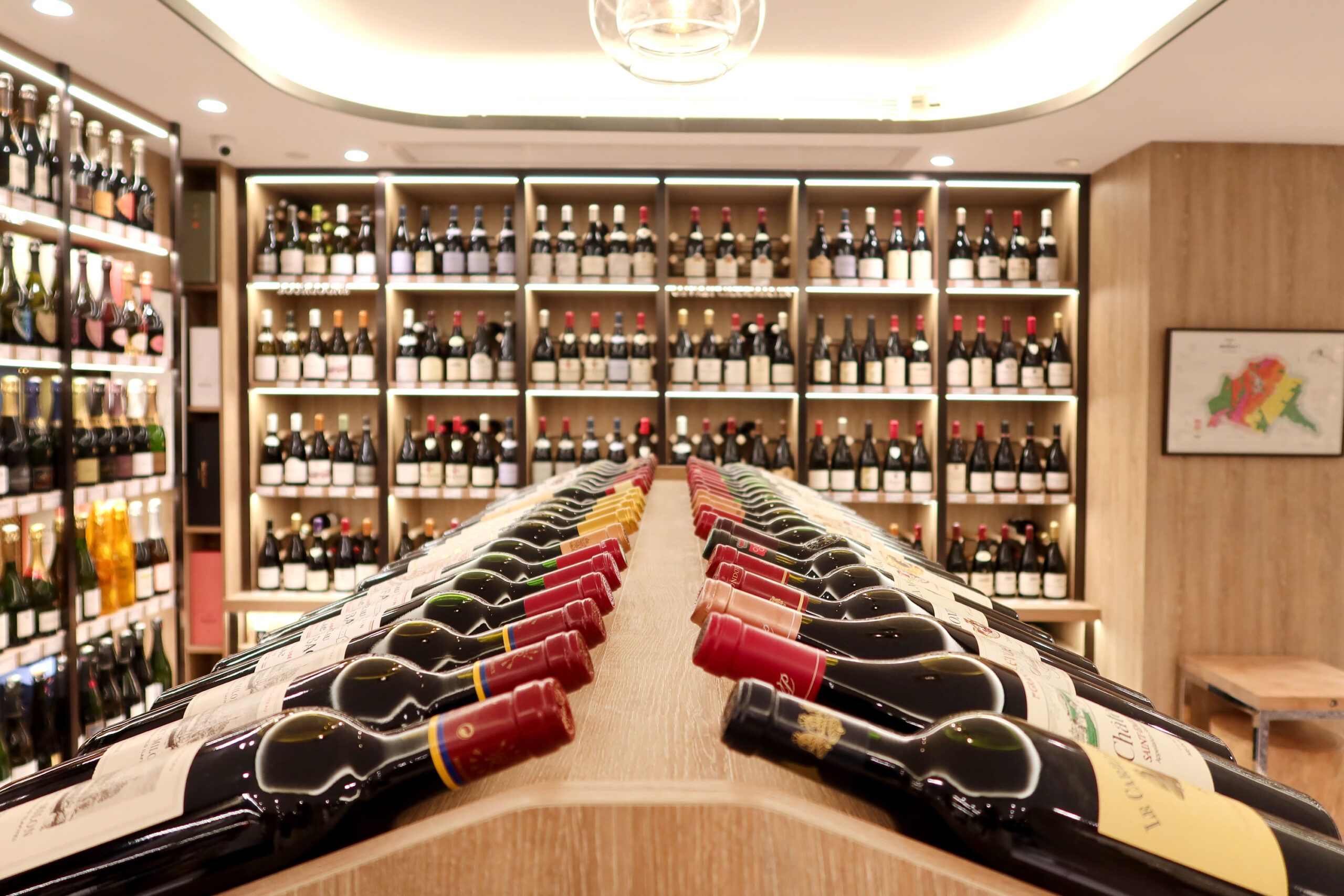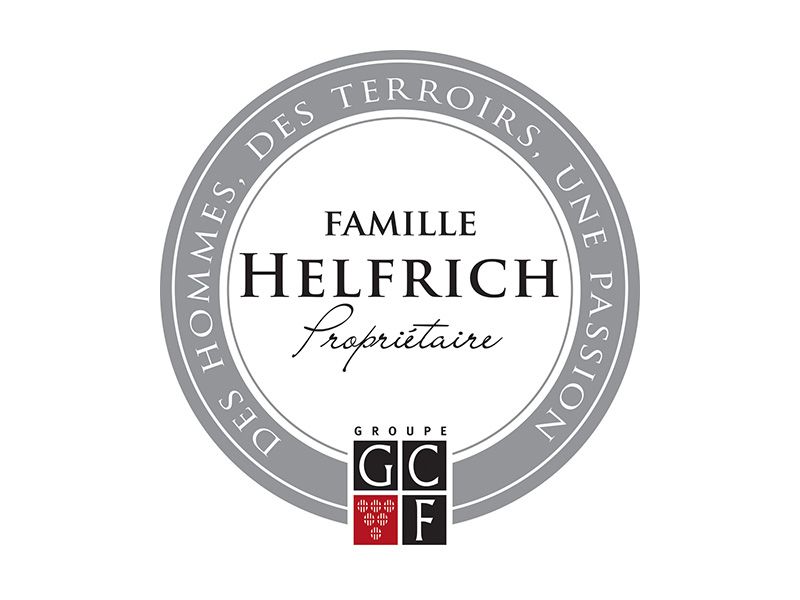‘The Can, Can Save Money, Time and Space’ is the key message from the ‘Canifesto’. Here is the open letter the five drinks can brands have put together for the on-trade to hopefully get behind.
The hospitality industry has overcome many challenges in recent years. Whilst keeping the lights on has been the number one priority, many on-trade venues have understandably continued traditions and practices that no longer serve the planet, their staff or their wallets.
What if there was a solution to this hiding in plain sight? Enter the humble can.
Whilst the off-trade has embraced the can, many on-trade venues are still reluctant to list canned drinks, due to outdated stereotypes around the format. The belief being that consumers don’t want to drink from cans.
MOTH, Longbottom & Co, The Uncommon, Jukes Cordialities and TRIP are calling for the trade to raise the bar and adopt the can.
As a group of industry leaders, we are actively challenging the stigma around the can, by promoting its sustainability credentials and ability to help the on-trade achieve their environmental goals. All while providing customers with a consistently high-quality drinking experience, and saving time for overextended hospitality staff.
Offering the perfect single serve while reducing waste, saving money, time and space – with no compromise on quality – the benefits of the can are documented here in The Canifesto.
The Canifesto

Seeing is believing, so we’ve pulled together the facts. Demonstrating what the can, can do.
The Can, Can lower Carbon footprint:
- 79% of CO2e could be cut from switching a 75cl glass bottle to three 250ml aluminium cans.
- Aluminium is more easily and endlessly recyclable with 75% of the aluminium ever produced still in circulation today (Systembolaget study).
- Aluminium cans are the most recycled beverage containers globally, with a 71% recycling rate. Glass is 34% and PET is 40%.
- Cans are lighter to transport and need less additional packaging to protect them in transit vs glass.
The Can, Can Save Money, Time & Space (by reducing waste)
- Their single-serve nature means less wasted ingredients and half opened wine bottles at the end of service.
- Their ready to drink nature means every serve can be poured quickly by staff of all skill levels (no training needed).
- Their lighter, compact shape means they can be stacked tightly, giving up to 40% more space in fridge vs glass bottles.
The Can, Can Maintain Quality
- Cans are lined with a water-based polymer that prevents any contact with the metal, meaning there is absolutely no effect on taste.
- Cans block out UV light and oxygen, keeping the liquid fresher for longer.
- Most importantly, cans allow every customer to receive a consistently high-quality serve.
A number of on-trade partners are leading the movement by adopting cans for sustainability reasons, such as Berners Tavern. The London restaurant led by Michelin-starred chef Jason Atherton and located within The 5-Star London EDITION Hotel has recently introduced The Uncommon to its menu.
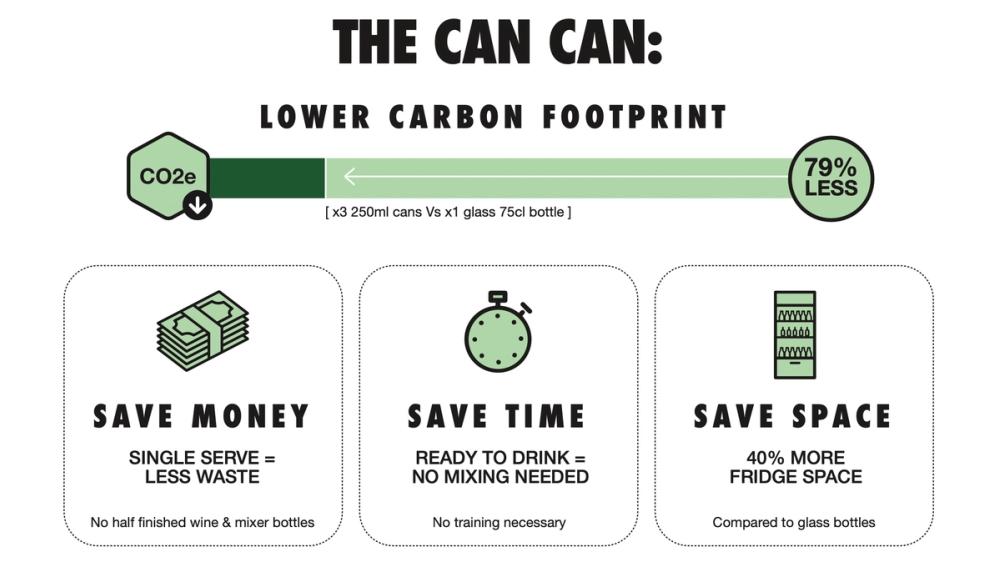
Giuseppe D’aniello, head sommelier, says: “We always look at the quality of the liquid before all else. Sustainability is also a key focus for us. We have already removed straws and single-use plastic in the hotel, and cans of quality, like The Uncommon, are helping us on this journey.”
Thanks to the single-serve format, the time and cost efficiencies have certainly been felt in the casual dining sector.
Amy Tuson, operations director at Homeslice, which has been serving MOTH cocktails since 2021, says: “We are delighted to be working with MOTH as our cocktail partner. Their drinks allow a consistently high standard of service across venues, reduced wastage, and improved speed of service dramatically, allowing us to sell double the amount of drinks in the same timeframe.”
As well as within the festival and event landscape with Peppermint Bars, one of the UK’s leading bar operators, embracing a can strategy to drive its sustainability agenda. Carl Storrie, head of stock at Peppermint Bars, explains: “The RTD category plays an important role in working towards our sustainability goals at Peppermint, as well as ensuring an efficient speed of service for festival goers and consistency in serve. With a focused move towards a packaged goods strategy, cans allow us to reduce waste and storage across our events whilst improving recycling efficiencies.”
The C&C Group, which owns Matthew Clark and Bibendum, two of the biggest wholesalers in the UK, is also seeing the benefits for its customers.
Angela Ham, agency manager at C&C Group, says: “Cans help us significantly reduce road miles and carbon emissions. For our customers, serving from an RTD (ready-to-drink) can support speed of service, where access to quality drinks like Longbottom, means you don’t compromise on taste in the process.”
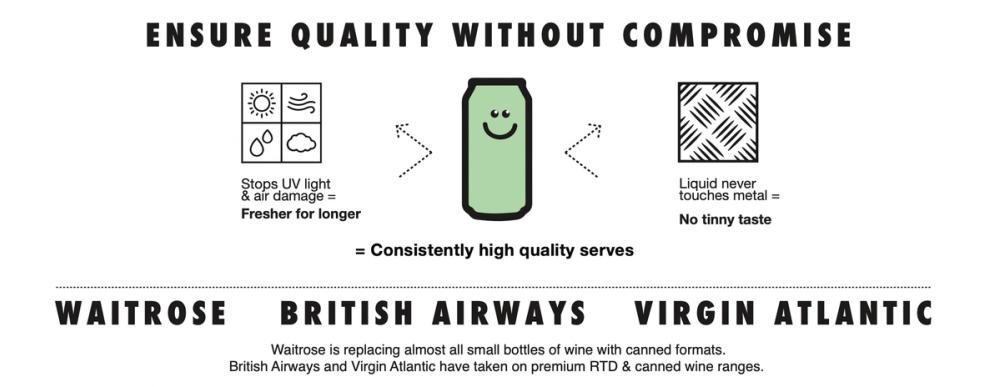
David Gleave MW, chairman of Liberty Wines, which provides premium wines to leading restaurants and retailers throughout the UK, adds: “It is encouraging to see cans being used increasingly for premium drinks. Not only do they reduce the carbon footprint of the drinks, but they also serve as a perfect container as the risk of taint associated with cork closures is completely removed. While beer has led the way in returning to cans, decent wine and ready-to-pour cocktails are now embracing this package as a route to modern, socially aware, quality conscious consumers, who also enjoy the ease with which they are opened.”
John Vine, spirits buyer, at Waitrose, says: “Stocking cans on our shelves has been game-changing in terms of storage, packaging and recycling efficiencies, making reducing waste even easier for our customers. We continue to support the move from glass to cans as we recently announced that all small wine bottles will be sold in canned formats.”
Five Year Goal
Over the next five years, our collective goal with ‘The Canifesto’ is to support the on-trade in adopting a canned drinks strategy to help reach environmental goals and provide customers with an even better experience.
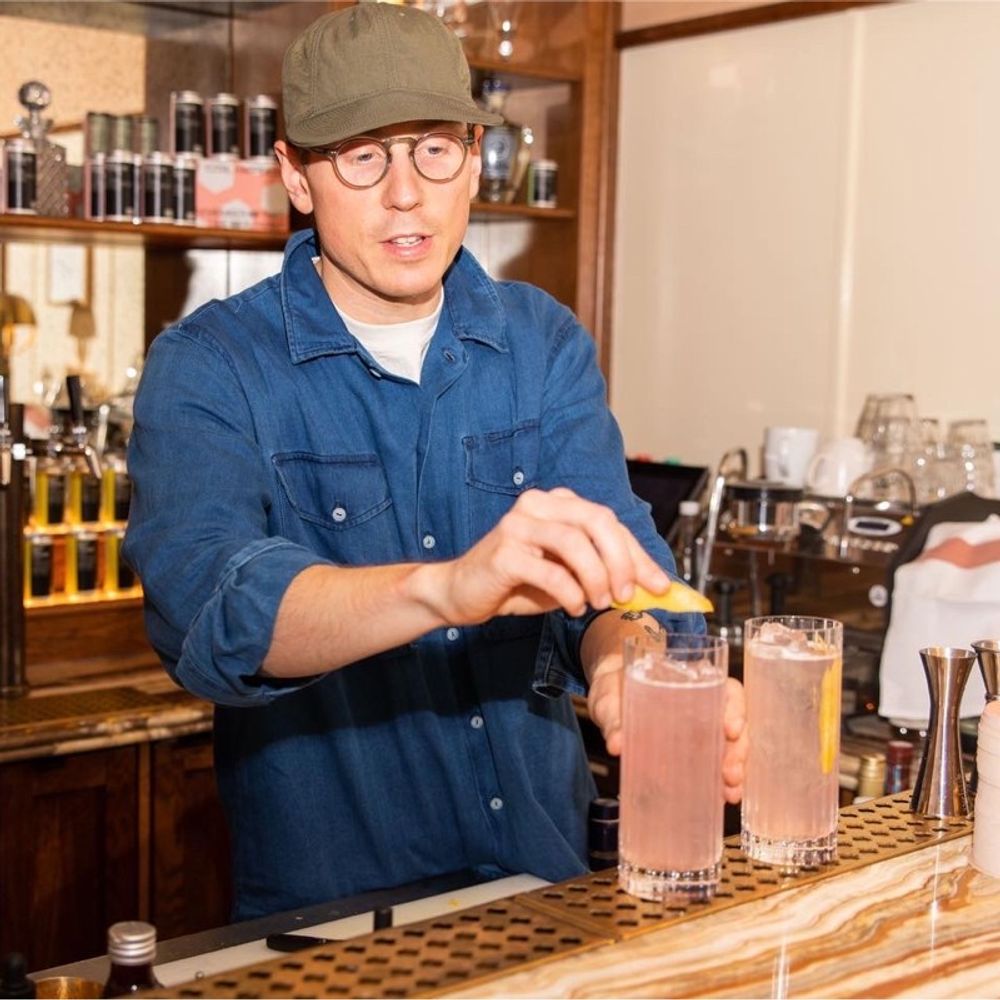
Sam Moth says it works hard with its on-trade partners to show how cans can be good for their business and the environment
Sam Hunt, co-founder of MOTH, says: “We are dedicated to supporting our on-trade partners, and the can helps us to work with them to reduce waste, energy and time whilst providing a delicious cocktail that elevates the customer’s experience. An example is in a recent Greenhouse Gas Analysis commissioned by MOTH; we found that in scenarios with a garnish, our Espresso Martini and Margarita had 30.64% and 14.06% less GHG emissions, respectively, per drink in the MOTH canned cocktail compared to making the drink from scratch.”

Olivia Ferdi says TRIP’s sustainable message through its cans is part of the brand’s DNA
Olivia Ferdi, co-founder of TRIP, says: “Cans have always been essential to TRIP and its mission to create a little bit of calm in the everyday chaos. When we first started TRIP in 2019, we wanted to ensure our community had a positive first CBD experience, and it is through the accessible, sustainable format of ‘canned calm’ that we’ve been able to continue doing just that.”
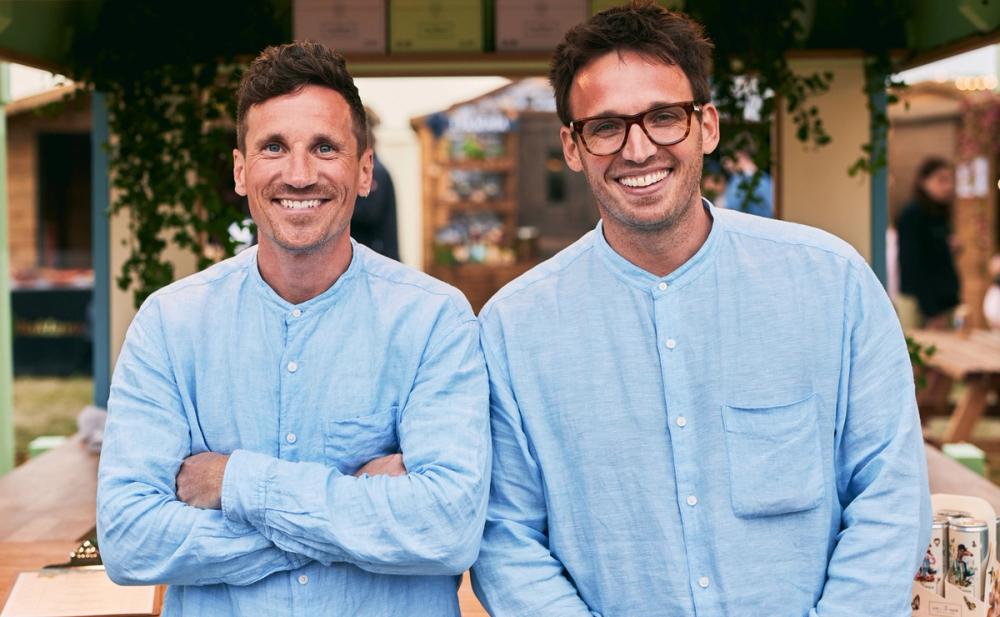
The Uncommon wine brand has won plaudits, customers and consumers thanks to the quality of the wine but also the innovative eye-catching design – pictured its founders Henry Connell and Alex Thraves
Henry Connell, co-founder of The Uncommon, says: “The UK hospitality industry contributes over 11,500 tonnes of glass to landfill each week – that’s equivalent to the weight of The Shard. The can has a huge impact on waste. And there is no compromise on taste. Together, we have the opportunity to shape the future of the drinks industry. There’s never been a better time to break tradition for the better.”

Jake MacKay of Longbottom & Co says cans have been the “cornerstone” of its business since launch
Jake MacKay, chief executive of Longbottom & Co, says: “Cans have been the cornerstone of our packaging strategy since we launched Longbottom & Co. Their sustainability credentials are unrivalled, yet not at any cost in product quality, which is vital when delivering a premium, real tomato juice product to our customers.”
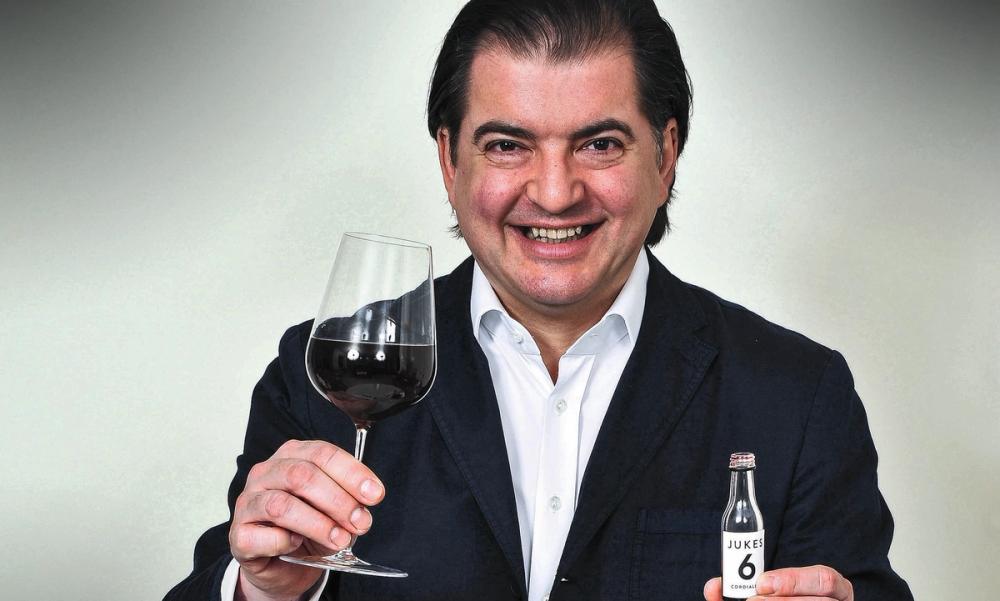
Matthew Jukes believes cans “are the future for all”
Matthew Jukes, founder of Jukes Cordialities, says: “At Jukes, we are new to cans, but in the last couple of months, we have received our most significant orders for this format, and they keep coming, not only in the UK but worldwide. Even more encouraging is that our elite customers have not batted an eyelid when we introduced cans into our collection because cans are the future for all.”
The can may not be for every occasion or every venue. It will never replace the pop of a cork or the charm of a bartender. But in many occasions, adopting a canned RTD strategy as part of an existing offering is both easy and effective and can help meet sustainability goals.
With the environmental impacts outweighing the pre-dated stigma, there’s never been a better time to cut to the can.
- If you would like to follow up and find out more about the Canifesto campaign then email Alia Jamal on alia@doubleshot.ltd.
